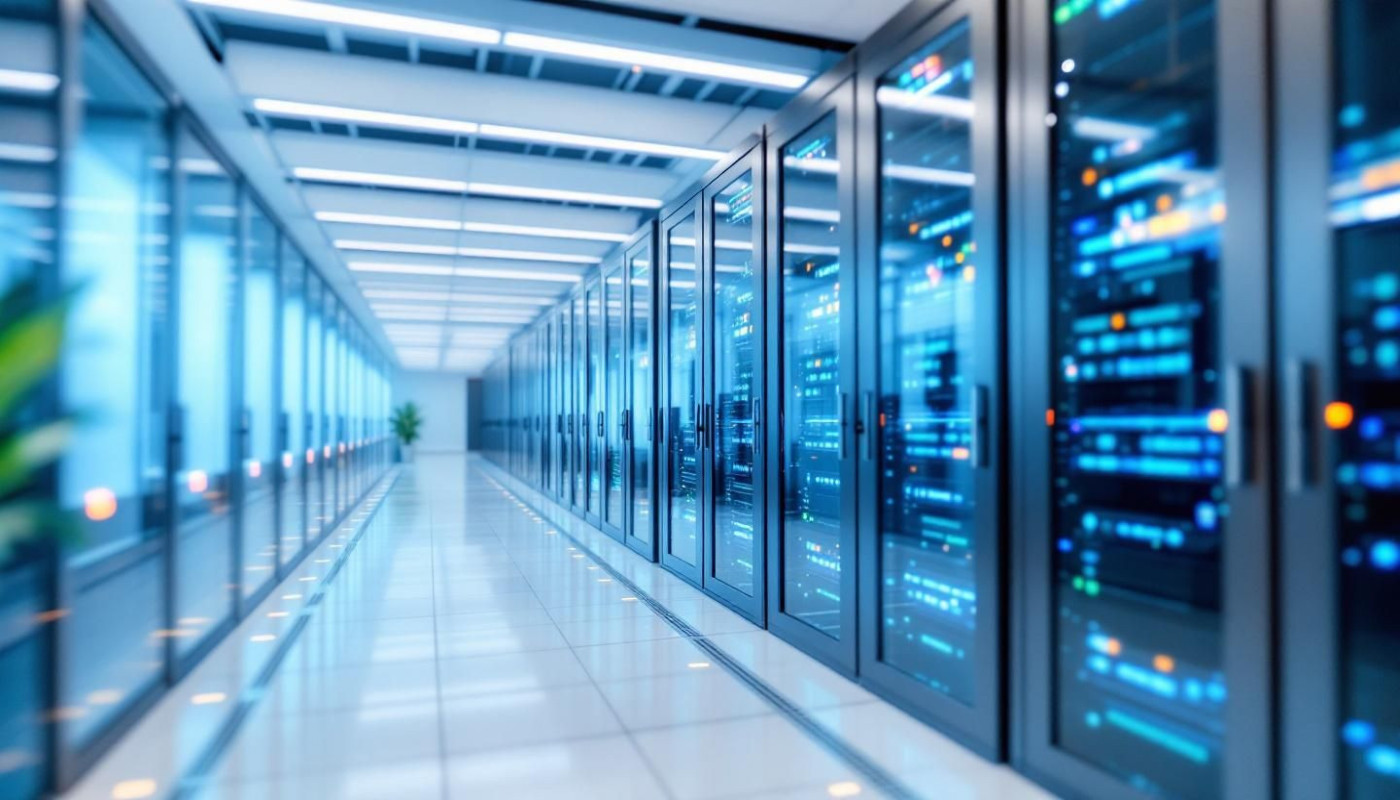Table of contents
In the burgeoning era of digital transformation, the dawn of AI-powered workstations ushers in a new paradigm in the computing landscape. Gone are the days when human intervention was the sole driver of technological prowess; generative AI now stands at the forefront, reshaping our interaction with technology. This evolution promises to revolutionize not only how we work but also the nature of creativity and problem-solving in various industries. As we stand on the cusp of this technological renaissance, understanding the implications for the future of computing is vital. The potential for enhanced efficiency, automation, and innovation is immense, and it beckons the curious and the visionary to explore its depths. Let this exploration take you through the transformative impact of generative AI on workstations and the broader computing ecosystem, preparing you for the wave of changes on the horizon. Tune in to the unfolding narrative as we delve into the transformative world of AI-powered computing.
The Evolution of AI in the Workplace
The trajectory of AI integration into the workplace has been a fascinating journey, starting from the rudimentary stage of workplace automation to the present state where generative models are poised to redefine the very nature of advanced computing. The early days saw the introduction of simple software designed to handle repetitive tasks, significantly increasing efficiency and accuracy. As the technology matured, machine learning algorithms began to underpin more sophisticated systems, enabling the analysis of vast amounts of data and the execution of tasks without explicit instructions. Today, the AI workplace revolution is on the brink of a new era, with generative AI taking center stage. These systems not only interpret data but also create new, original content, design intricate models, and propose solutions to multifaceted problems. This transformative progression has wide-ranging implications for the future structure and capabilities of workstations, heralding a time when they will assist in decision-making processes at a level of complexity previously unattainable by human effort alone.
Boosting Productivity with Generative AI
Generative AI is revolutionizing the workspace through significant productivity enhancement, steering the professional world towards unprecedented efficiency. By automating routine tasks, workers are liberated to focus on more strategic and creative endeavors. This task automation not only streamlines workflow but also reduces the potential for human error, thus optimizing operational reliability. Furthermore, decision-making AI tools, leveraging the intricate capabilities of natural language processing, are now aiding professionals in complex analysis and choices, enhancing the caliber of decision-making across various industries.
In the realm of generative AI benefits, one cannot overlook the vital role it plays in professional efficiency. The algorithms that underpin generative AI are capable of producing new content and solving problems through learned patterns and data analysis. This capability is transforming industries by providing tailored solutions and insights that would have otherwise required extensive human labor. For those looking to integrate these advanced tools into their business strategies, it is advisable to go to the website of leading platforms like Nation AI, which offer state-of-the-art generative AI solutions designed to catapult businesses into a new era of productivity.
Challenges and Considerations in AI Deployment
As organizations integrate generative AI into workstations, they must navigate a complex web of challenges and ethical considerations. One major concern is the delicate equilibrium between automation and human employment. Companies face the difficult task of leveraging AI to boost efficiency while ensuring a fair transition for the workforce. The term "automation challenges" captures the multifaceted issues linked to job displacement and the reshaping of labor markets. In parallel, "data privacy AI" issues are paramount, with the necessity to protect sensitive information amidst the increased data processing capabilities of AI systems. Furthemore, there's a growing demand for "transparent AI" — the ability to understand and explain how AI systems make decisions. This transparency is pivotal, not only for trust but also for identifying and addressing "algorithmic bias," which can perpetuate and amplify societal inequalities if left unchecked. Additionally, fostering effective "human-AI collaboration" is indispensable to augment human capabilities rather than replace them. To ensure the responsible deployment of AI, the insights of an AI ethicist or a technologist versed in policy are invaluable, as they can guide the nuanced conversation around the societal impact of these technologies, emphasizing the significance of "AI ethical considerations" in the evolving digital workspace.
The Future Landscape of AI-Enhanced Creative Professions
The advent of generative AI is poised to transform creative professions in profound ways. Termed as 'computational creativity,' this technological innovation empowers artists, designers, and creators with tools that augment their natural talents, enabling enhanced creativity and the birth of new forms of expression. As AI integrates into the creative process, 'AI in creativity' becomes a pivotal theme, indicating a shift from traditional techniques to hybrid methodologies where human ingenuity collaborates with artificial intelligence. This fusion is not without its disruptions in art and other creative sectors, as it challenges conventional roles and crafts unique niches within these professions.
On the one hand, creative AI tools are democratizing the creative industry, allowing individuals with varied skill levels to generate sophisticated works that would have previously required years of training. On the other hand, this 'AI creative revolution' is sparking discussions on authenticity and the originality of AI-generated content. As this technology advances, creative professionals are navigating a new landscape where embracing AI becomes imperative for staying relevant and unlocking new potentials in their work.
Preparing for a Generative AI Future
As generative AI continues to redefine the computing landscape, individuals and organizations must proactively engage in AI preparedness to stay competitive and efficient. Embracing lifelong learning is vital to comprehend and harness the full potential of this transformative technology. As AI technological advancements proceed at a breakneck pace, staying informed about the latest trends and breakthroughs is imperative. This knowledge equips professionals to leverage AI tools effectively, transforming their workstations into powerhouses of productivity and creativity.
To navigate the transition to AI-centric workplaces successfully, fostering an innovation mindset is indispensable. Such a mindset encourages exploration and experimentation, which are key to unlocking new applications and workflows made possible by generative AI. Organizations should also invest in adaptive systems that can evolve with the technology, ensuring that the infrastructure supporting these advanced AI tools remains robust and flexible.
Moreover, with the future of workstations poised to be deeply integrated with AI, preparing for change means redefining roles and processes to align with an AI-driven environment. By anticipating the shifts in skillsets and designing training programs accordingly, businesses can empower their workforce to excel alongside their digital counterparts, making the transition seamless and advantageous for all involved.













